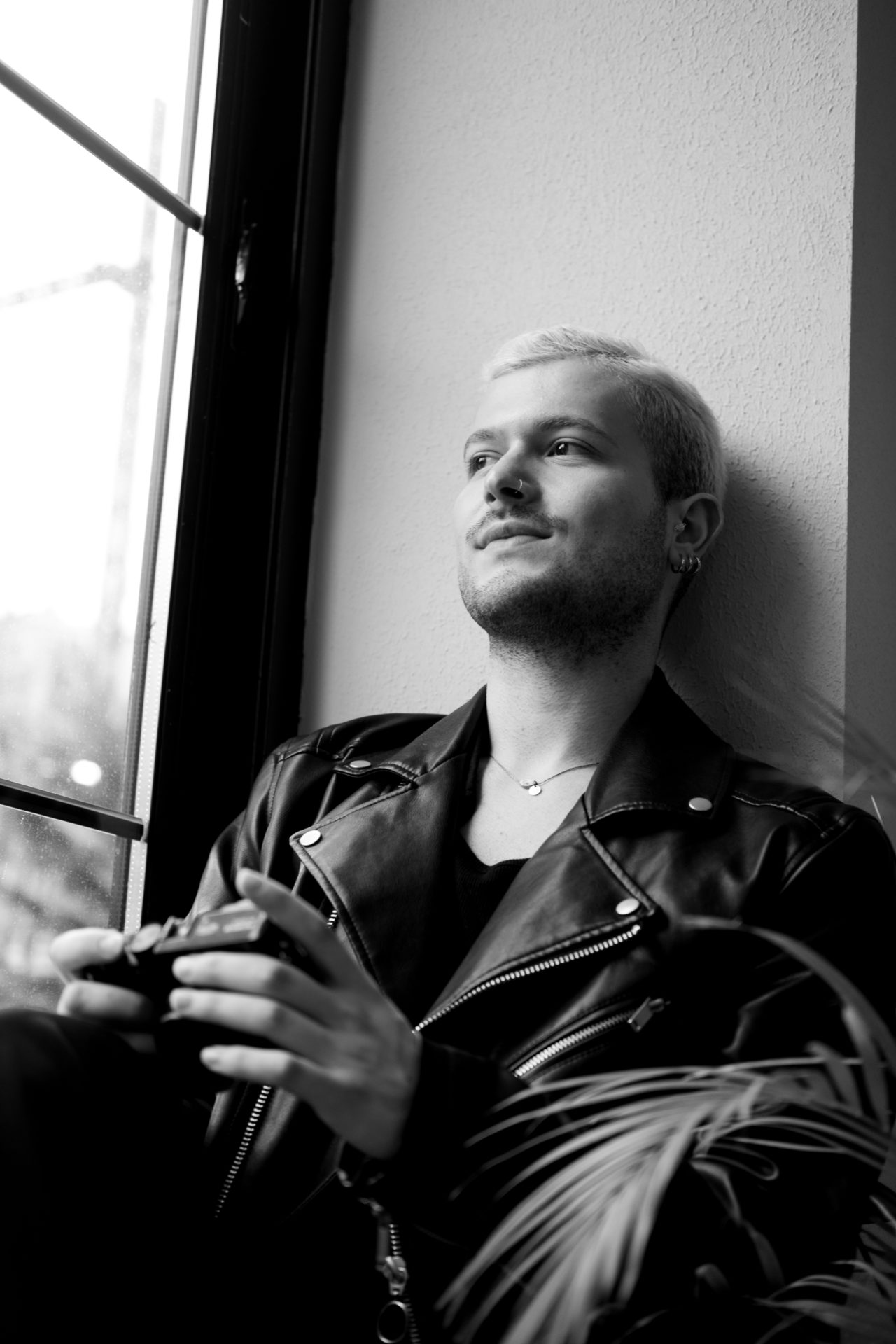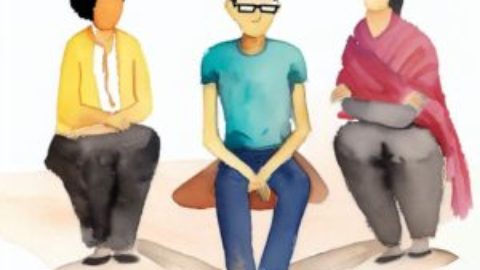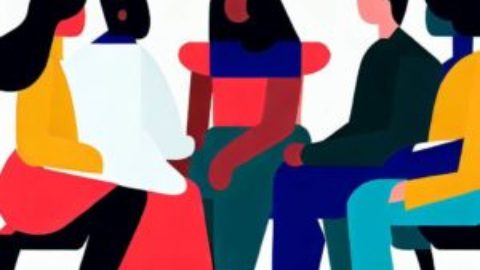Supporting Grieving Men After the Loss of a Spouse
Losing a spouse is an incredibly tough experience, and it’s even harder when you realize that there’s a thing called the “widowhood effect.” Basically, this means that when one spouse dies, the other one has a higher chance of passing away too, compared to other people their age. And it’s all because losing a spouse is super stressful and can lead to health issues.
Understanding the Widowhood Effect
But here’s the thing: not everyone feels the same way after their spouse dies. A recent study in PLOS ONE showed that men and women handle this whole widowhood effect differently. The researchers looked at data from over 900,000 people aged 65 and up in Denmark. They checked out healthcare costs and how likely people were to die after their spouse passed away.
What they found was that men who lost their spouse had more healthcare costs than women, which means they had more health problems after their partner died. Men were also more likely to die after their spouse’s death, especially those between 65 and 69 years old. In this age group, men had a 70% higher chance of dying in the first year after their partner’s death, while women had only a 27% higher chance.
Helping Men Cope with Grief
So, what does this mean? It shows that men have a tougher time dealing with the loss of their spouse and need more support to get through this hard time. If you know someone who’s going through this, what can you do to help?
- First off, just be there for them. Losing a spouse can make people feel alone, so reach out and spend time with them. Listen to their stories and offer a shoulder to cry on.
- Second, let them know it’s okay to get help if they need it. Sometimes, talking to a therapist or counselor who specializes in grief can make a big difference.
- Lastly, help them find ways to remember their spouse in a positive light. Sharing memories, looking at photos, or creating a memorial can be really helpful for healing.
Additional Ways to Offer Support
Here are a few more ideas to help men (and women) who are dealing with the loss of a spouse:
- Encourage them to join a support group.
- Suggest engaging in physical activity.
- Be patient.
- Offer help with everyday tasks.
- Encourage them to seek professional help if needed.
Remember, grief is a complex process, and everyone’s experience is unique. By being there for your friend or loved one and offering your support, you can make a real difference in their healing journey. While it’s true that men might face more significant challenges during the grieving process, understanding their needs and offering empathy can help them navigate this difficult time. No one should have to face the loss of a spouse alone, so let’s work together to create a caring, supportive environment for those who are grieving.
Additional Strategies for Supporting Grieving Men
As we continue to focus on creating a supportive environment for grieving men, here are some additional strategies to consider when helping them cope with the loss of a spouse.
Encouraging Creative Outlets
Encourage grieving men to explore creative outlets as a means of expressing and processing their emotions. This could include writing, painting, playing music, or engaging in any other creative activities they find meaningful. Creative expression can be a powerful tool for healing and can help them make sense of their experiences.
Helping Them Maintain a Routine
Establishing a routine can provide a sense of stability and normalcy during a tumultuous time. Encourage grieving men to maintain a daily routine, including regular sleep, meals, and exercise. While it’s important to allow time for grief, having a semblance of structure can be beneficial in the long run.
Commemorating Their Spouse
Helping grieving men find ways to commemorate and honor their spouse can be an important part of the healing process. This can include creating a memory box, planting a tree in their spouse’s memory, or celebrating their spouse’s life on special occasions. Commemorating their spouse can help them maintain a connection and provide a positive focus during their grief journey.
Providing Practical Assistance
Offering practical assistance, such as helping with household chores, childcare, or financial matters, can provide much-needed support for grieving men. By alleviating some of their day-to-day responsibilities, they can have more time and energy to focus on their emotional healing.
Respecting Their Grieving Process
Finally, it’s important to remember that each person’s grieving process is unique. Some men may take longer to heal, while others may appear to bounce back more quickly. It’s essential to respect their individual journey and continue offering support, even if their grieving process looks different from what we might expect.
By implementing these additional strategies, we can further support grieving men as they navigate the difficult journey of loss and healing. It’s our collective responsibility to create a compassionate and understanding community, ensuring that no one has to face grief alone.








